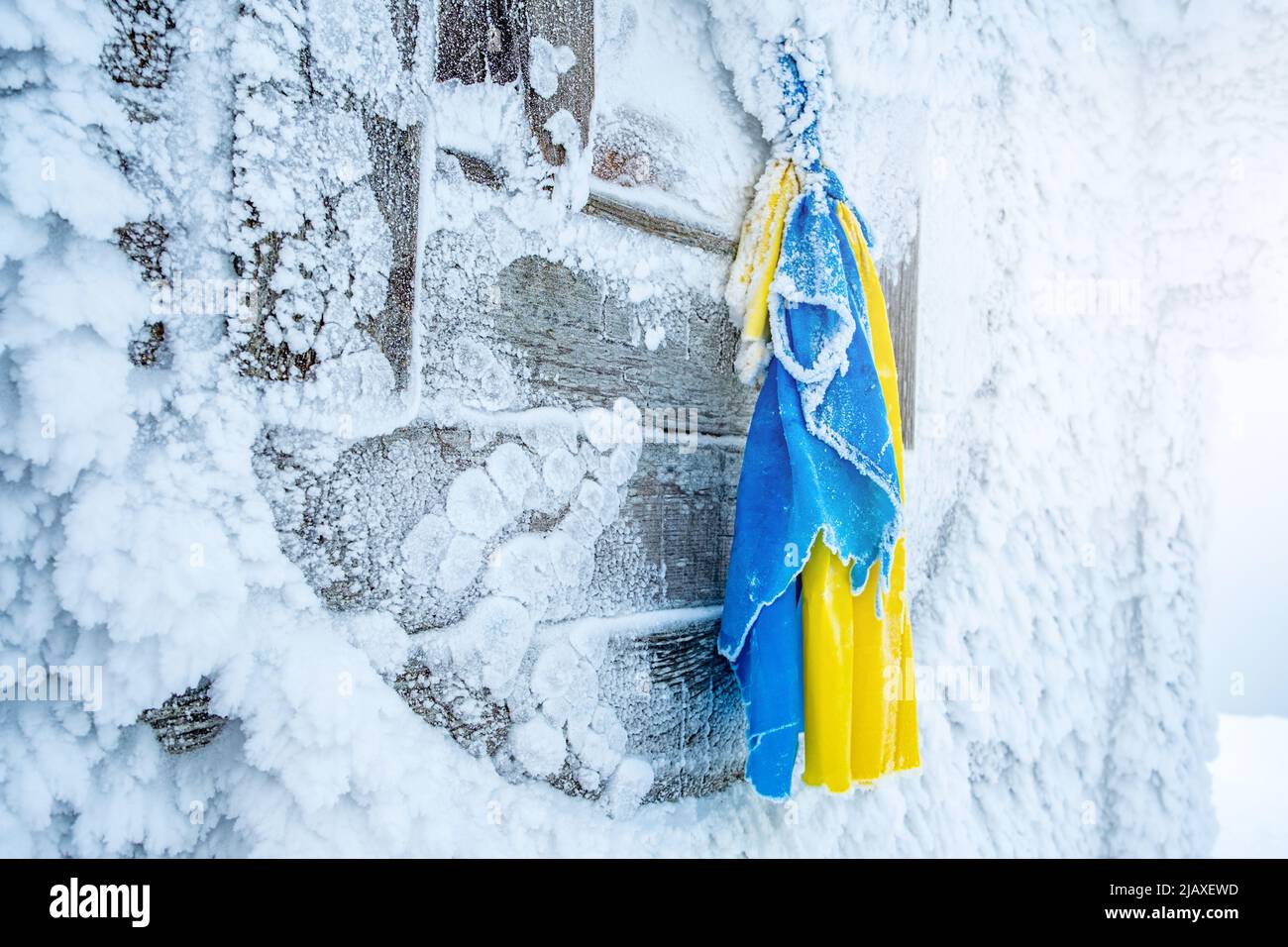1. A summit of shadows, heavy with illusions
The Anchorage summit of August 15–16, 2025, was not a negotiation but a mirror. No ceasefire, no roadmap, no monitoring mechanism — only spectacle. Yet this spectacle had meaning: Vladimir Putin, once cast as a pariah, was received with ceremonial dignity on American soil and departed without offering the smallest concession. He turned the simple fact of presence into a declaration of power.
Donald Trump, by contrast, orchestrated a show of grandeur for domestic applause but ended with a void: no leverage, no plan, no credible outcome. Anchorage thus symbolized a paradox: Moscow strengthened, Washington diminished, Europe unsettled.
2. Strategic assessments: a fragile transatlantic shield
The International Institute for Strategic Studies (IISS) called Anchorage a watershed, exposing the fragility of the Western security architecture. The very notion of a united West appeared as fragile as the icebergs surrounding Alaska: imposing in form, yet ready to break.
At CSIS, experts dismantled the illusions:
- Seth G. Jones: without compromise, peace is fiction.
- Mark Cancian: Ukraine’s immediate military lifeline is drying; without massive aid, the defense will crack.
- Benjamin Jensen: land swaps are cosmetic; true settlement requires justice, reconstruction, and credible guarantees.
Anchorage provided none of these.
3. The realist lens: diplomacy without weapons
Michael Hirsh (Foreign Policy) warned that diplomacy without leverage is theater. Trump gambled on personality politics — handshake diplomacy — but absent credible power, his gamble turned into Moscow’s advantage. Anchorage thus confirmed a fundamental law: negotiation without force is capitulation disguised as dialogue.
4. The Western fracture, raw and visible
The Financial Times described the summit as a moment of rupture: the U.S. approached Moscow with a transactional instinct, Europe demanded principles. Trump sought a “deal,” Europe called for guarantees. The Atlantic community is no longer a bloc; it is a divided family, its members bound by history but estranged in vision.
Anchorage did not create this fracture, but it crystallized it with unprecedented clarity.
5. The deeper philosophy: the danger of the “asymmetric freeze”
What emerged was not peace but the prospect of a long twilight: an “asymmetric freeze.” A silence of weapons masking the permanence of war. Russia consolidates territorial spoils, the West resigns itself to a perpetual abnormality, and international law erodes quietly.
Philosophically, this is the most corrosive outcome: the normalization of illegality, the institutionalization of violence, the corrosion of moral imagination. Wars end with treaties or revolutions; Anchorage offered neither — only the quiet suffocation of justice.
Comparative synthesis
Factor Meaning
Narrative victory Putin gained legitimacy without compromise
Diplomatic void Trump offered spectacle without substance
Ukraine’s urgency Kyiv’s survival hinges on external willpower
Western fracture U.S. deals vs. Europe’s principles — no unit
6. Europe at the precipice
Anchorage revealed the weakness at Europe’s core: dependence. Security decisions remain hostage to Washington’s moods and Moscow’s maneuvers. Berlin, Paris, Warsaw warned that sovereignty and law are non-negotiable. Yet words without power remain empty.
The European Council on Foreign Relations was blunt: Europe must choose. Either invest in Ukraine and in itself, or accept becoming an object, not an actor, in global politics. Anchorage was a rehearsal of this choice, and Europe was absent from the stage.
7. Russia’s strategy: endurance as weapon
Russia thrives not on victories but on waiting. Anchorage was another chapter in its strategy of time: gain legitimacy through summits, wear down Ukraine on the battlefield, divide Western allies with fatigue.
Sergey Karaganov has argued that Russia’s power is not its army but its ability to endure crises longer than its adversaries. Anchorage confirmed this. Russia left not with peace, but with recognition.
8. America’s dilemma: spectacle without structure
Trump’s personal diplomacy — treating geopolitics as a contest of wills between strongmen — may produce moments of drama but never institutions. Without strategy, gestures are meaningless.
John Mearsheimer long warned: great powers value spheres of influence above law. Trump echoed that vision, privileging deals over principles. Yet this path risks destroying America’s credibility, not only in Europe but across the globe. The handshake in Anchorage may resonate in Moscow, but its echo in Kyiv and Warsaw is fear.
9. The asymmetric freeze as destiny
The likeliest outcome is the entrenchment of a frozen war: no treaty, no solution, only fatigue. Russia consolidates, the West adapts, Ukraine bleeds.
This mirrors the post-Soviet gray zones — Transnistria, Abkhazia, South Ossetia — but magnified by Ukraine’s size and proximity to NATO. Brzezinski’s warning remains prophetic: Ukraine is the pivot of Eurasia. Whoever controls it controls the fate of Europe. Anchorage confirmed the truth of that prophecy.
10. Long-term consequences: the price of illusion
Anchorage will be remembered not for agreements but for revelations: the disunity of the West, the resilience of Russia, and the triumph of symbols over substance.
If Europe cannot forge unity, if Washington persists in chasing shortcuts, Russia’s narrative of inevitability will become reality. Historians may one day mark Anchorage as the moment the West surrendered to appearances — and appearances hardened into destiny.
Conclusion
Anchorage brought no peace, but a painful clarity. In geopolitics, gestures without guarantees are not harmless: they reshape power balances as decisively as tanks and armies. The West now faces its greatest test since 1945: to prove that unity and justice are more than words, or to watch them dissolve into silence, summit after summit, until history closes its book on the Western century.

